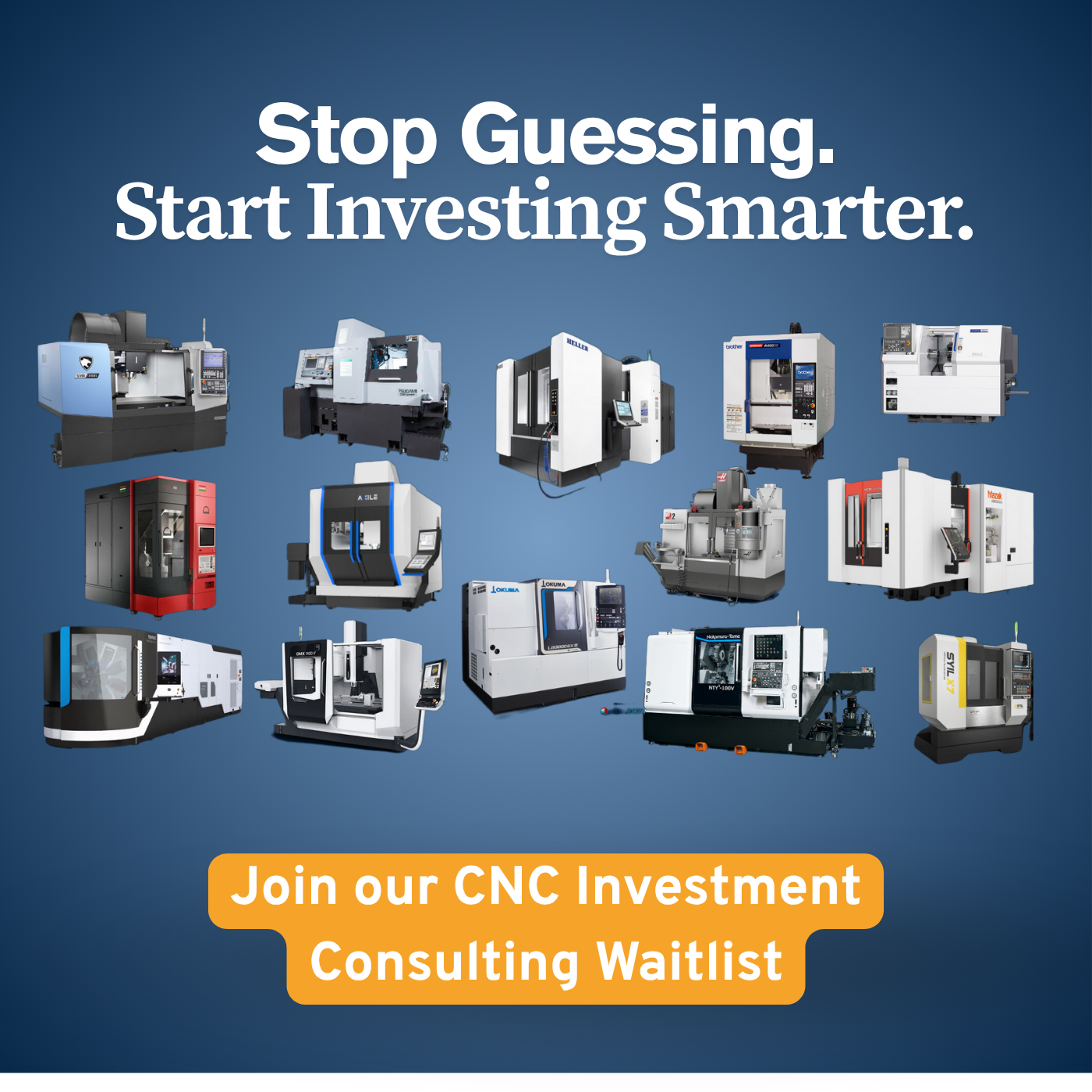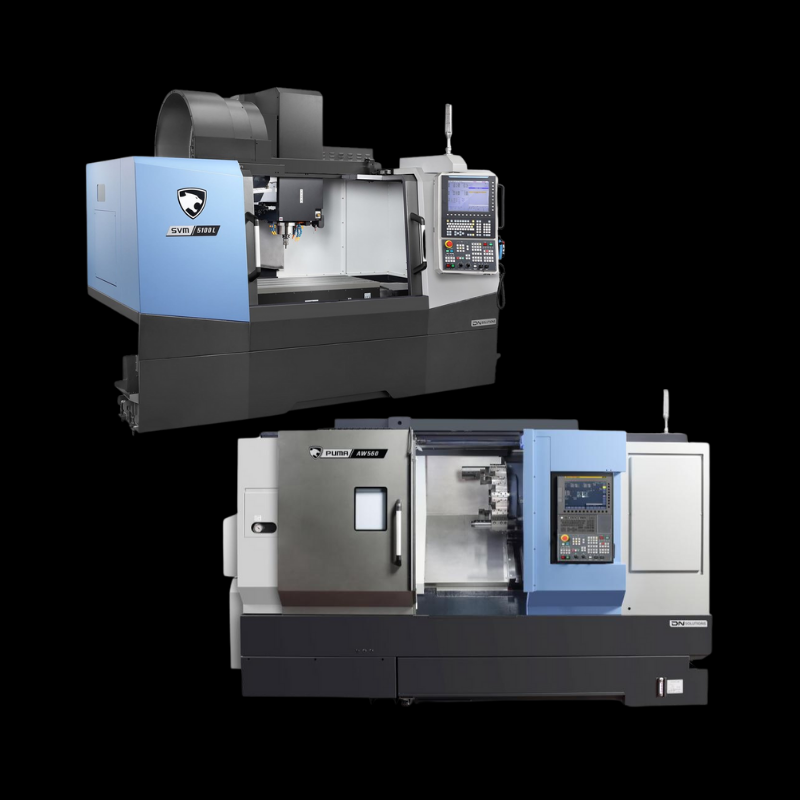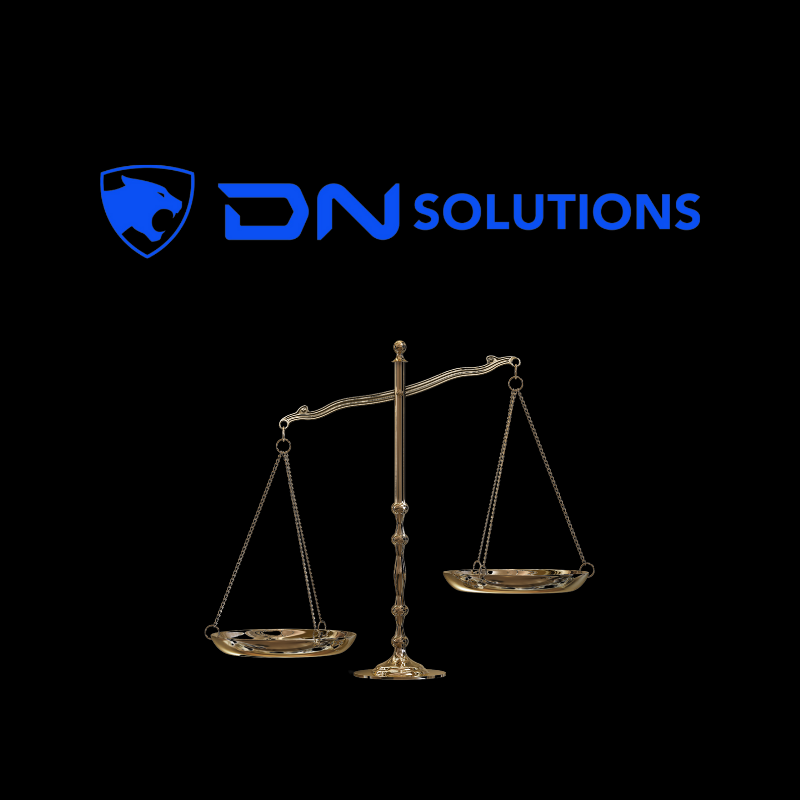So, Why choose DMG Mori? In the highly competitive world of CNC machining, DMG Mori has consistently stood out as one of the best leaders. What sets this global giant apart are its unique selling points (USPs) - a blend of innovation, precision, and customer-centric services.
DMG Mori's success in the CNC machinery market is anchored in its unique combination of technological innovation, extensive product range, and global support network. These USPs not only define their brand identity but also provide significant value to customers across various industries.
Below are some of the core attributes that make DMG Mori stand out in the global marketplace.
- Technological Innovation and Advancements
- Wide Range of High-Quality Products
- Global Network and Local Support
- Commitment to Sustainability and Eco-Friendly Practices
- Education and Training Support
Learning about DMG Mori's history helps us better appreciate where the company stands today.
DMG Mori's history is a fascinating tale of strategic mergers and technological advancements. Originating from separate paths, the German powerhouse Gildemeister and the Japanese innovator Mori Seiki converged to create a brand synonymous with quality and precision in CNC machinery.
The German Roots: Deckel, Maho, and
Gildemeister
These three entities below, each with their distinct strengths, eventually merged, laying the groundwork for what would become part of DMG Mori.
- Deckel: a German company, was renowned for its high-quality milling machines. The brand was a stalwart in tool rooms and mold-making shops, setting standards with its manual universal milling machines. Deckel's innovation was further highlighted by the development of the Dialog CNC control system.
- Maho: carved its niche as another German machine tool manufacturer with a focus on robust and reliable universal milling machines. The versatility of Maho machines made them indispensable in various industries, particularly for complex and precision milling operations. Maho's integration of CNC controls into its milling machines showcased its forward-thinking approach.
- Gildemeister: as a prominent German manufacturer, Gildemeister was known for its high-quality CNC lathes and turning centers. The company played a pioneering role in advancing CNC turning technology, contributing significantly to the industry. Gildemeister's innovative streak extended to developing automation solutions, solidifying its position as an industry innovator.
The Japanese Innovation: Mori Seiki's Rise
Mori Seiki began its journey in Japan, quickly establishing itself as a leader in high-quality CNC lathes and milling machines. The company gained global recognition for its innovative solutions, precision, and reliability, catering to a wide range of industries.
The Strategic Merger: Birth of DMG Mori
The paths of the three German companies converged through strategic mergers and acquisitions.
- In 1994, Deckel and Maho merged to form Deckel Maho.
- Gildemeister AG acquired a majority share in Deckel Maho in 2002, leading to the integration of Gildemeister's innovations.
- This conglomerate later became part of DMG Mori Co., Ltd., effectively combining German- Gildemeister and Japanese- Mori Seiki in 2009 marked the birth of DMG Mori.
DMG Mori: Categories, and Models
Whether you're involved in automotive, aerospace, mold making, or general machining, You will find the right DMG Mori machine for your production needs.
Universal Turning Centers
Models like the CTX 550 and NLX 2500 exemplify the perfect blend of performance and ease of use, ideal for diverse turning applications.
Advanced models such as the NTX series combine turning and milling capabilities, offering comprehensive machining solutions in a single setup.
Advanced Milling Solutions
The 5-axis milling category, including models like the DMU series, provides unparalleled precision for complex geometries.
Vertical milling options, such as the CMX series, and horizontal milling solutions like the NHX series, cater to a broad range of machining requirements.
Ultrasonic and Lasertec Technologies
DMG Mori’s ultrasonic series introduces machining hard and brittle materials, expanding the horizons of traditional machining.
The Lasertec series, including models for precision tooling and additive manufacturing, pushes the boundaries of machining with laser precision and versatility.
Specialized Machines and Automated Solutions
Beyond the standard categories, DMG Mori offers specialized machines for sectors like education and high-volume production.
Automation solutions, integrated within various models, highlight DMG Mori’s commitment to future-proof manufacturing.
DMG Mori: Multiple Control Systems
DMG Mori machines are designed to accommodate varying preferences and requirements for control systems across different industries and regions. This approach ensures that users can select a control system that best fits their operational environment and manufacturing needs. Some of the major control systems DMG Mori offers are:
- Siemens SINUMERIK Controls
- Fanuc Systems
- Heidenhain Controls
DMG Mori's Pricing Range
Navigating the pricing landscape of CNC machinery can be complex and influenced by a multitude of factors. At the core of DMG Mori's pricing structure is the diversity of its product lineup. Each category of machines brings its own set of features and capabilities, which directly impacts the pricing.
For instance, the cost of a basic 3-axis milling machine like the DMU 50 starts from a different point than the more complex 5-axis models, which can incorporate additional features such as advanced control systems, increased automation, and higher precision components.
Several key factors that can influence the price range of DMG Mori machines.
- The machine configuration, including aspects like size, power, and performance-capabilities, plays a significant role. Machines equipped with advanced features such as live tooling, automatic tool changers, and high-speed spindles tend to command a higher price.
- The physical size and machining capacity of a CNC machine are crucial determinants. Larger machines with greater load-bearing capabilities and more extensive work envelopes typically fall into a higher price bracket.
- The integration of automation and advanced technology also significantly affects DMG Mori's pricing. The addition of robotic arms, automatic pallet changers, and sophisticated software systems not only enhances the machine's efficiency and output but also contributes to a higher cost.
When considering a DMG Mori machine, it is essential to account for additional expenses such as accessories, tooling, and software licenses. These extras, necessary for specific applications, contribute to the total investment cost.
For a more accurate understanding of the price range, potential buyers are encouraged to contact DMG Mori directly or consult authorized dealers, as prices can vary based on specific requirements, customizations, and regional market factors.
Understanding the factors that influence this pricing is crucial for businesses and manufacturers to make informed decisions that align with their production needs and budgetary constraints.
Essential Checklist for Purchasing a DMG Mori Machine
Investing in a CNC machine is a significant decision for any manufacturer. To ensure you make the right choice, it's crucial to consider several key factors. Here are essential points to contemplate before finalizing your investment in a DMG Mori machine:
- Type of Machining Required:Determine whether you need turning, milling, or advanced 5-axis machining capabilities. Assess the nature of your manufacturing processes to match with the appropriate DMG Mori machine.
- Machine Size and Capacity:Consider the size of the components you will be machining. Select a machine that aligns with the scale of your production, whether it's for small parts or large, heavy components.
- Automation and Advanced Technology:Evaluate the need for automation features like robotic arms and automatic pallet changers. Consider how these features will impact efficiency, productivity, and overall cost.
- Technological Advancements and Innovations:Assess the benefits of enhanced control systems, connectivity, and software capabilities offered by DMG Mori. Balance the improved machining accuracy and efficiency against the potential increase in price.
- Additional Accessories and Tooling:Identify the specialized cutting tools, workholding fixtures, and other accessories required for your applications. Factor in these additional costs to the overall investment.
- Warranty Terms and Conditions:Understand the warranty coverage offered by DMG Mori, including duration and what is included. Ensure that the warranty aligns with your long-term usage and maintenance expectations.
This list is to help with some of your decision-making process when considering a DMG Mori machine. By carefully evaluating these points, you can make an informed choice that best suits your manufacturing requirements and budget.




